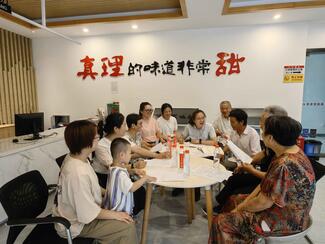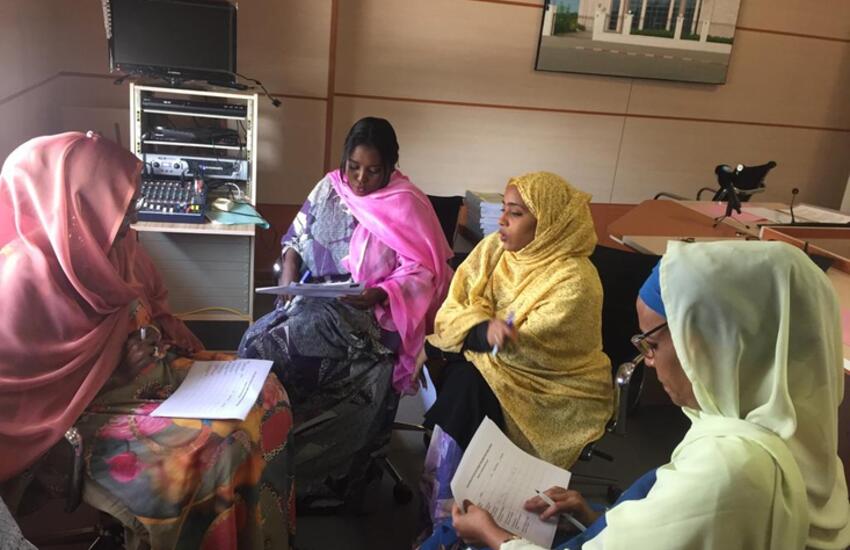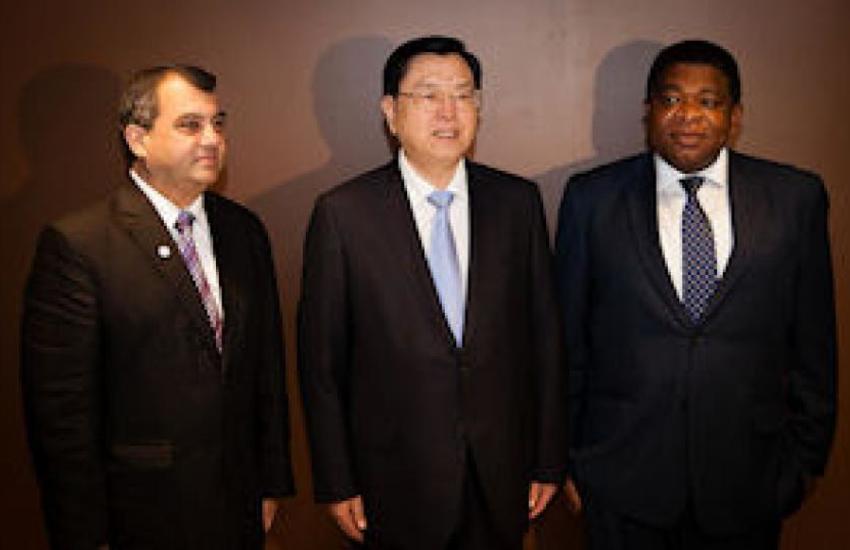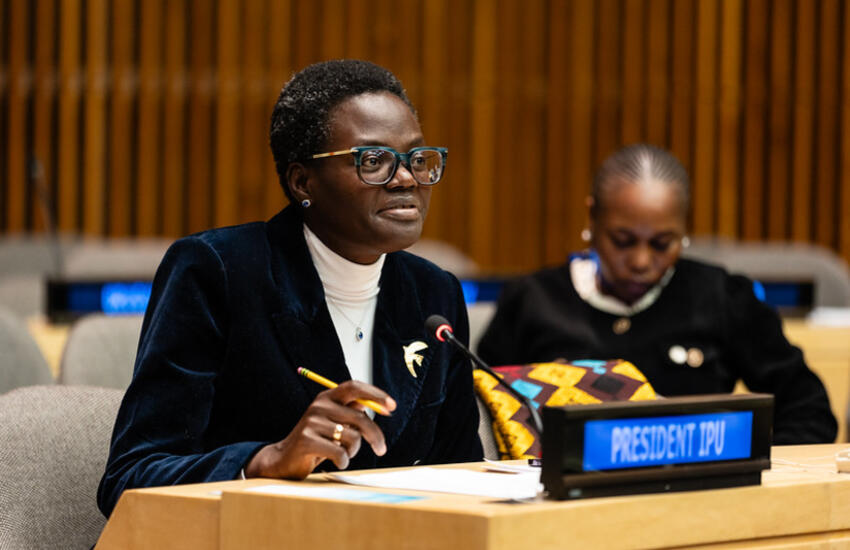This case study on parliamentary public engagement was written based on information provided by the National People’s Congress (NPC) of China.
How does a parliament engage with its constituents in such a vast and populous country as China? How does it ensure that legislation at the national level is in tune with grassroots and local concerns? How can a parliament better engage with the millions of people that it represents to improve everyday life?
To answer these questions, the NPC’s Legislative Affairs Commission decided to experiment by setting up its first batch of pilot grassroots legislative outreach offices in 2015. The first offices were opened in the city of Shanghai, and the provinces of Hubei, Jiangxi and Gansu.
In 2023, eight years later, the initiative has blossomed, with now close to 6000 grassroots outreach offices open all over the country at various multitiered administrative layers, at the provincial, city and district levels. There are now multiple channels through which the public can voice their opinions on legislation and policy, including through universities, businesses and the financial sector.
China calls this “whole-process people’s democracy”, in which the grassroots legislative outreach offices act as a “direct channel” and a “connecting bridge” between the people and their representatives.
Through the offices, local communities have the opportunity to influence legislation by expressing their views or concerns on the text at various stages of the process.
As a result, so far, according to the NPC, the grassroots outreach offices have collected some 21,300 “opinions” from the public, which have then been used to inform 159 draft laws and legislative plans.
Public views have been taken into account in various laws of the country, including those that concern the environment, rights for the disabled and elderly, and gender equality.
For example, in October 2022, the NPC passed the revised Law on the Protection of Women’s Rights and Interests.
The first draft of the revised law had gathered comments from 12 grassroots legislative outreach offices, followed by input from 32 offices for the second draft. In Beijing’s Chaoyang District, the legislative outreach office set up an extra 43 legislative liaison stations at street and township levels to collect opinions directly from women.
The offices also paid special attention to suggestions from the All-China Women’s Federation, the courts, lawyer associations and women’s social organizations. The office at Guizhou’s Bijie held a symposium at the legislative liaison station in Xingfa Miao, Yi and Hui Ethnic Township, Hezhang County to hear from multiple ethnic communities. Suggestions were made regarding the protection of land rights for women who marry outside their own rural communities.
Most meetings took place in a relaxed atmosphere over tea, a popular form of discussion at the grassroots level.










